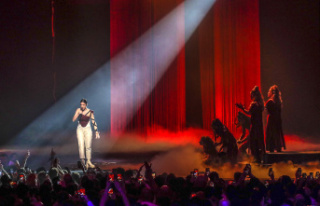The Spanish mortgage market is recovering the reverse mortgage formula. After more than a decade since its arrival, its role in the market stagnated in 2018. However, this situation may change with the new commitment that banks and insurance companies are making on this financial product this year. In this way, they recover a special type of credit that has been in great demand in markets such as the United States or the United Kingdom since the 1960s.
It is a type of home mortgage loan for which a financial institution pays rent to its holder until his death.
Unlike a conventional mortgage, this type of loan is offered to seniors between the ages of 65 and 70. They are profiles of clients who today are no longer authorized credits for 25 or 35 years.
This type of mortgage establishes three types of income: temporary, lifetime or single disposition.
The amount that is received in the three situations can be the partial value or the maximum with which the home has been appraised. In addition, this type of income is not taxed to personal income tax.
Once the holder dies, the heirs can repay the mortgage loan with their own funds, sell the house and pay off the debt or sign a new mortgage loan to be able to pay the money borrowed.
To get the most out of this financial product, the asset to be mortgaged should have a high market value so that the monthly income is an interesting complement to any retirement plan.
On the other hand, the inverse income format also allows renting the home during the effective period of the mortgage agreement. In this way, the holder also receives an extra income if he does not reside in the same house because he lives in a residence or because he has another property.
In the event of a premature death, an insurance also signed by the owner will provide additional coverage for which the heir or heirs are the recipient of the agreed total capital.
The reverse mortgage against the operation of bare ownership, that is, the sale of the property and its right of use until his death, means that the heirs will not receive a charge or preferential purchase option of the property.
According to the criteria of The Trust Project












